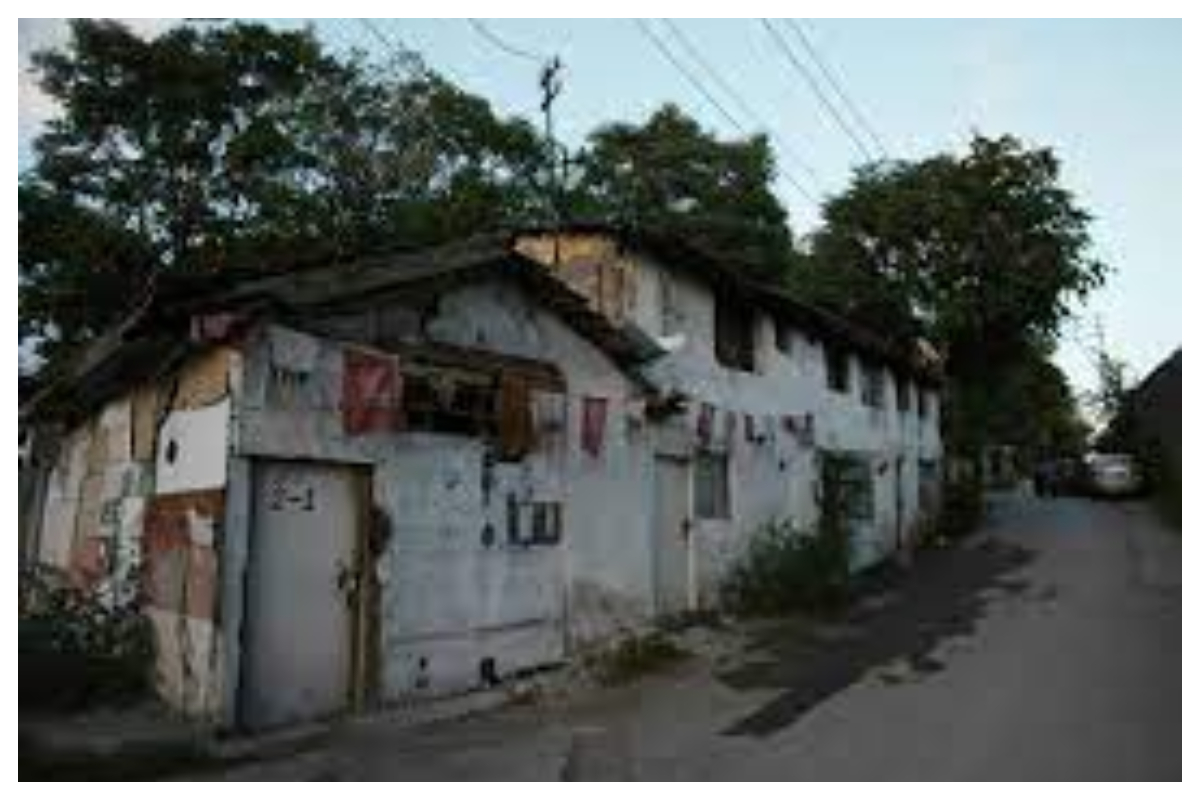- Over the course of six months, Turkish officials imprisoned, assaulted, and forcibly repatriated hundreds of Syrian men and boys.
- The treatment of migrants who are temporarily protected in Turkey violates international law.
- The Turkish government has previously denied allegations that it has returned refugees to Syria against their will.
Over the course of six months, Turkish officials imprisoned, assaulted, and forcibly repatriated hundreds of Syrian men and boys, a key human rights organization claimed on Monday.
The treatment of migrants who are temporarily protected in Turkey violates international law, according to a study from the Human Rights Watch office in New York.
The Turkish government has previously denied allegations that it has returned refugees to Syria against their will.
The majority of the 3.6 million Syrian refugees living in Turkey are there because of their country’s ten-year war.
Deported Syrians, according to Human Rights Watch, claimed to have been detained by Turkish authorities in their homes, places of employment, and on the streets. They were thereafter held in appalling conditions, with the majority experiencing beatings and other forms of abuse, and made to sign papers committing to return to Syria “voluntarily.”
They were pushed through at gunpoint, according to the Syrians, after being taken in handcuffs to the Syrian border – excursions that occasionally took up to 21 hours.
“In violation of international law Turkish authorities have rounded up hundreds of Syrian refugees, even unaccompanied children, and forced them back to northern Syria,” said Nadia Hardman, refugee and migrant rights researcher at Human Rights Watch.
Ankara is obligated by international law to uphold the legal concept of nonrefoulement, which forbids returning someone to a location where there is a genuine risk of persecution, torture, or a threat to their life. The UN Commission of Inquiry on Syria reiterated last month that returning refugees cannot safely enter Syria.
In the midst of a severe economic crisis, Turkish attitudes toward refugees have deteriorated, and there have been attacks on Syrian homes and businesses.
The administration wants to send more and more people back to the parts of northern Syria that are under Turkish military control as elections get near.
A Turkish official claimed earlier this month that over 527,000 Syrians had returned voluntarily. President Recep Tayyip Erdogan stated that the construction of homes in northwest Syria’s Idlib province will make it easier for 1 million refugees to return to Turkey when he announced the project in May.
Erdogan has hinted at a change in Syria policy and said that discussions with Syrian President Bashar Assad might be possible. Assad’s ouster was previously requested by Ankara, which supports opposition organizations. Many Syrians who reside in Turkey worry that thawing ties could increase pressure on them to go home.
[embedpost slug=”one-is-killed-in-the-first-known-us-raid-in-a-government-controlled-part-of-syria/”]
“Although Turkey provided temporary protection to 3.6 million Syrian refugees, it now looks like Turkey is trying to make northern Syria a refugee dumping ground,” Hardman said.
Between February and August, Human Rights Watch conducted interviews with relatives of those who had been deported to Syria as well as 37 Syrian men and two boys.
All of them claimed to have been deported with dozens or even hundreds of other people and made to sign what they believed to be voluntary repatriation agreements. One 26-year-old from the city of Aleppo in northern Syria claimed to have heard from a Turkish official that anyone attempting to re-enter Turkey would face execution.
According to Hardman, the European Union should halt funding for border and immigration restrictions until forcible deportations come to an end. In accordance with a 2016 agreement, the EU has given Turkey 6 billion euros in aid in exchange for lowering the number of migrants coming to Europe.
[embedpost slug=”over-30-people-killed-when-boat-carrying-migrants-sinks-off-the-coast-of-syria/”]





















